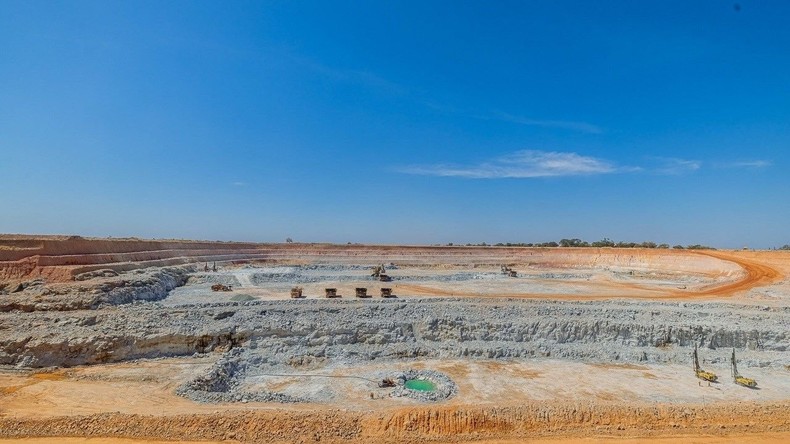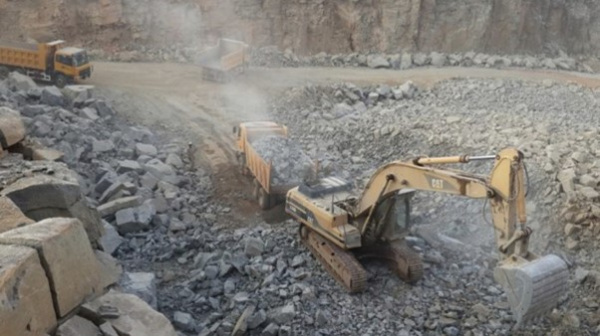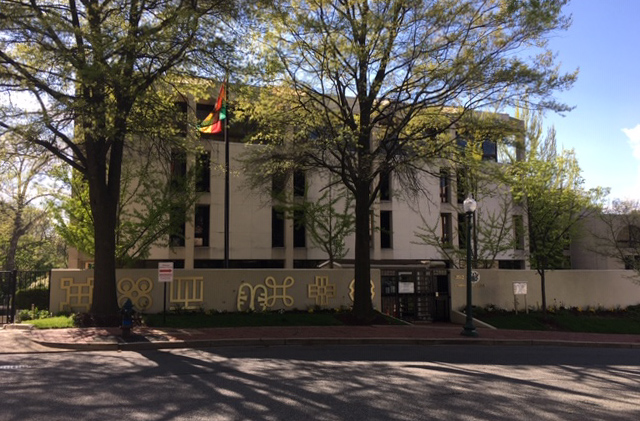
Mali Transfers Bougouni Lithium Mine Licence to Local Company

The Malian government has officially transferred the operating licence for the Bougouni lithium mine to a newly established local company, Les Mines de Lithium de Bougouni SA (LMLB), aligning with the nation’s revised 2023 Mining Code.
The decision was ratified during a Council of Ministers session chaired by President Assimi Goïta.
Located in Foulaboula within the Bougouni Circle of southern Mali, the Bougouni mine boasts estimated reserves of 21.31 million tonnes of lithium ore with an average lithium oxide content of 1.11 per cent. Lithium is used to produce batteries for electric vehicles and other electronic devices.
The establishment of LMLB complies with the 2023 Mining Code, which mandates that Malian-registered entities hold mining titles.
Ownership of LMLB is structured with 35 per cent held by the Malian government and local private investors. In comparison, the remaining 65 per cent is owned by Kodal Mining UK (KMUK)—a joint venture between UK-based Kodal Minerals and China’s Hainan Mining.
A Memorandum of Understanding (MoU) between KMUK and the Malian government outlines the terms of the licence transfer, including a $15 million payment to the state, split into two instalments.
Production at the Bougouni mine commenced in February 2025 by commissioning a Dense Media Separation (DMS) processing plant. Initial outputs have achieved a lithium oxide grade of 5.53 per cent, meeting projected targets. According to Malijet, the plant aims to ramp up to a full capacity of 10,000 tonnes per month in the coming weeks.
The spodumene concentrate produced is slated to be exported to China via the port of Abidjan in Côte d’Ivoire. Export operations are pending the finalisation of necessary permits following the license transfer.
Mali’s move to restructure mining operations under the new code is a strategy to increase national revenue from its mineral resources. The country aims to become Africa’s second-largest lithium producer after Congo, with projections indicating it could account for up to 14 per cent of the continent’s lithium output by the end of 2025.
Read More:
- Ghana’s President Mahama Invites Sahel States to ECOWAS 50th Anniversary Despite Withdrawal From the Bloc
- Air Chiefs of Sahel Confederation Hold First Strategic Meeting in Mali, Plan for Unified Regional Air Defence
About The Author
Related Articles
Cotê D’Ivoire: Thousands Rally in Abidjan as Opposition Demands Electoral Reforms Ahead of October Election
Thousands of opposition supporters gathered in Abidjan on Saturday, May 31, to...
ByJoy ChukwuJune 1, 2025Togo Stops Issuing Mining Permits to Reform Outdated Mining Code
Togo has suspended the issuance of new mining permits for prospecting and...
ByJoy ChukwuJune 1, 2025ICYMI: Ghana Shuts Down Washington Embassy Over Visa Fraud Scandal
Ghana has temporarily closed its embassy in Washington, D.C., following the uncovering...
ByJoy ChukwuMay 31, 2025Confederation of Sahel States Moves to Establish Joint Judicial Body
The Confederation of Sahel States (CSS), comprising Mali, Niger, and Burkina Faso,...
ByJoy ChukwuMay 31, 2025












Leave a comment